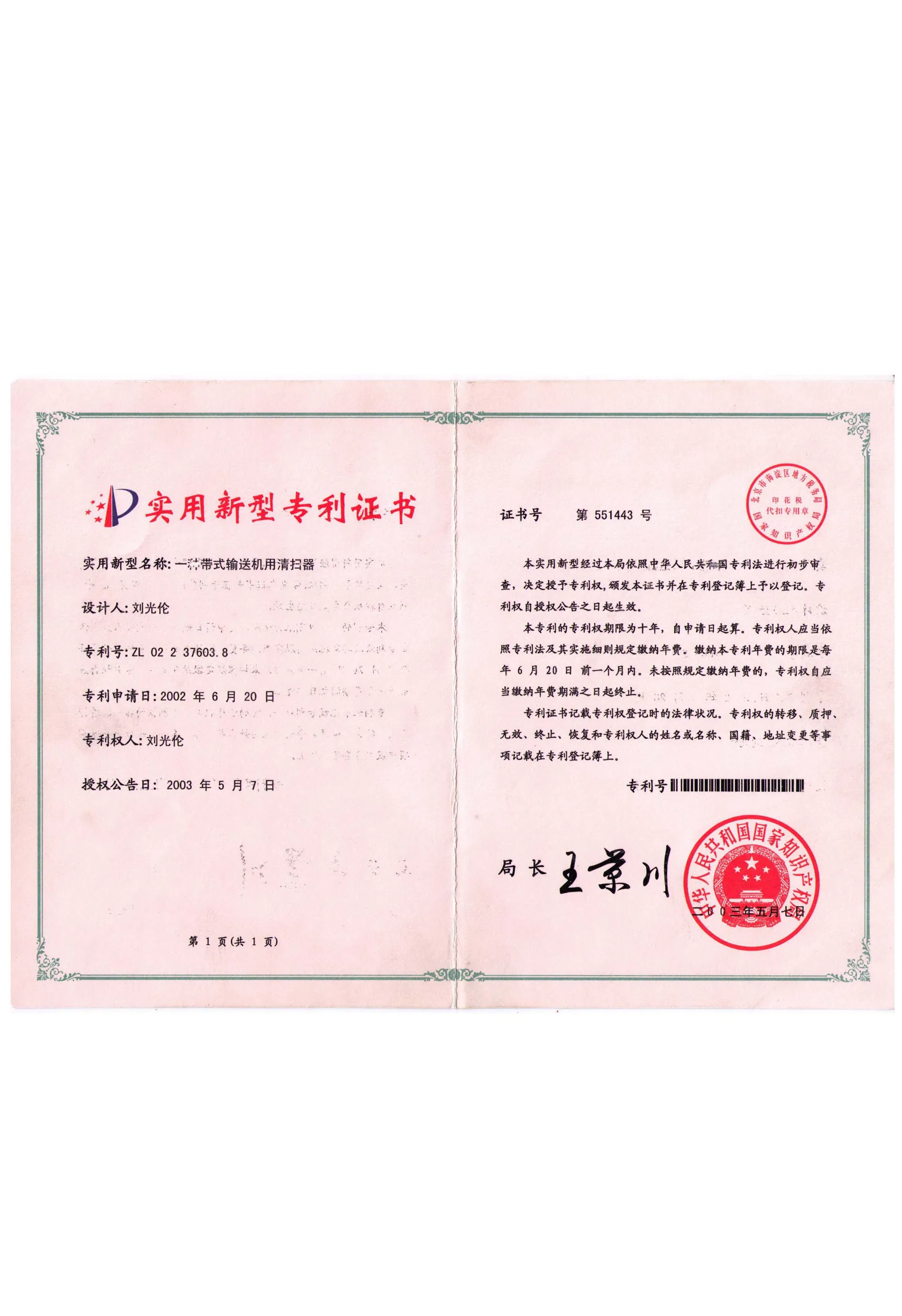 Afrikaans
Afrikaans  Albanian
Albanian  Amharic
Amharic  Arabic
Arabic  Armenian
Armenian  Azerbaijani
Azerbaijani  Basque
Basque  Belarusian
Belarusian  Bengali
Bengali  Bosnian
Bosnian  Bulgarian
Bulgarian  Catalan
Catalan  Cebuano
Cebuano  Corsican
Corsican  Croatian
Croatian  Czech
Czech  Danish
Danish  Dutch
Dutch  English
English  Esperanto
Esperanto  Estonian
Estonian  Finnish
Finnish  French
French  Frisian
Frisian  Galician
Galician  Georgian
Georgian  German
German  Greek
Greek  Gujarati
Gujarati  Haitian Creole
Haitian Creole  hausa
hausa  hawaiian
hawaiian  Hebrew
Hebrew  Hindi
Hindi  Miao
Miao  Hungarian
Hungarian  Icelandic
Icelandic  igbo
igbo  Indonesian
Indonesian  irish
irish  Italian
Italian  Japanese
Japanese  Javanese
Javanese  Kannada
Kannada  kazakh
kazakh  Khmer
Khmer  Rwandese
Rwandese  Korean
Korean  Kurdish
Kurdish  Kyrgyz
Kyrgyz  Lao
Lao  Latin
Latin  Latvian
Latvian  Lithuanian
Lithuanian  Luxembourgish
Luxembourgish  Macedonian
Macedonian  Malgashi
Malgashi  Malay
Malay  Malayalam
Malayalam  Maltese
Maltese  Maori
Maori  Marathi
Marathi  Mongolian
Mongolian  Myanmar
Myanmar  Nepali
Nepali  Norwegian
Norwegian  Norwegian
Norwegian  Occitan
Occitan  Pashto
Pashto  Persian
Persian  Polish
Polish  Portuguese
Portuguese  Punjabi
Punjabi  Romanian
Romanian  Russian
Russian  Samoan
Samoan  Scottish Gaelic
Scottish Gaelic  Serbian
Serbian  Sesotho
Sesotho  Shona
Shona  Sindhi
Sindhi  Sinhala
Sinhala  Slovak
Slovak  Slovenian
Slovenian  Somali
Somali  Spanish
Spanish  Sundanese
Sundanese  Swahili
Swahili  Swedish
Swedish  Tagalog
Tagalog  Tajik
Tajik  Tamil
Tamil  Tatar
Tatar  Telugu
Telugu  Thai
Thai  Turkish
Turkish  Turkmen
Turkmen  Ukrainian
Ukrainian  Urdu
Urdu  Uighur
Uighur  Uzbek
Uzbek  Vietnamese
Vietnamese  Welsh
Welsh  Bantu
Bantu  Yiddish
Yiddish  Yoruba
Yoruba  Zulu
Zulu belt conveyor cleaner
The Importance of Belt Conveyor Cleaners in Material Handling
Belt conveyors are an integral component of modern material handling systems, widely used across various industries, including mining, manufacturing, and logistics. While these systems are efficient for transporting materials over long distances, they also face a significant challenge maintaining cleanliness. This is where belt conveyor cleaners come into play. The role of belt conveyor cleaners is not only crucial for operational efficiency but also for safety and environmental considerations.
Understanding Belt Conveyor Cleaners
Belt conveyor cleaners are specialized devices designed to remove material that adheres to the carrying surface of conveyor belts. This residual material, often referred to as “carryback,” can consist of dust, granules, or larger debris that can accumulate over time. If left unchecked, carryback can lead to several operational issues, including increased wear on components, reduced efficiency, and higher maintenance costs.
The Benefits of Using Belt Conveyor Cleaners
1. Enhanced Operational Efficiency One of the primary benefits of implementing a belt conveyor cleaner is the improvement in operational efficiency. By ensuring that the belt is clean and free from excess materials, the conveyor can run more smoothly, reducing the energy required for operation. This translates into lower operational costs and enhanced productivity.
2. Reduced Downtime Regular use of conveyor cleaners minimizes the risk of unexpected breakdowns caused by excess material buildup. Maintenance crews spend less time cleaning the conveyor systems, which can significantly reduce downtime and keep operations running smoothly.
3. Environmental Responsibility In today’s world, environmental considerations are paramount. Belt conveyor cleaners help mitigate the environmental impact of industrial operations by reducing carryback and ensuring that materials do not spill onto the ground. This is particularly important in industries such as mining and agriculture, where spilled materials can lead to ecological damage and regulatory complications.
belt conveyor cleaner

4. Improved Safety Safety is a critical concern in any industrial setting. Carryback can create hazardous conditions, as it may lead to slippery surfaces or blocked pathways. By using effective belt conveyor cleaners, companies can enhance workplace safety, reducing the risk of accidents and injuries related to slip and fall incidents.
5. Extended Equipment Lifespan The accumulation of carryback can cause premature wear and tear on conveyor belts and other components, leading to costly repairs or replacements. Implementing a belt conveyor cleaner not only protects the integrity of the conveyor system but also extends the lifespan of the equipment, resulting in significant savings over time.
Types of Belt Conveyor Cleaners
Belt conveyor cleaners are available in various designs to accommodate different types of materials and conveyor systems. Common types include
- Primary Cleaners These are installed at the head of the conveyor to remove most of the material that sticks to the belt. - Secondary Cleaners Positioned further down the conveyor, these cleaners capture any residual material that the primary cleaners may have missed. - Specialty Cleaners These are designed for specific material types, such as sticky or lump materials, providing targeted cleaning solutions.
Conclusion
In conclusion, belt conveyor cleaners play a vital role in ensuring the effective operation of conveyor systems across industries. By enhancing operational efficiency, reducing downtime, promoting environmental responsibility, improving safety, and extending equipment lifespan, these cleaners are indispensable tools in modern material handling. As industries continue to evolve, investing in reliable and efficient belt conveyor cleaning solutions will remain crucial for maintaining competitive advantage and achieving sustainability goals.
-
Revolutionizing Conveyor Reliability with Advanced Rubber Lagging PulleysNewsJul.22,2025
-
Powering Precision and Durability with Expert Manufacturers of Conveyor ComponentsNewsJul.22,2025
-
Optimizing Conveyor Systems with Advanced Conveyor AccessoriesNewsJul.22,2025
-
Maximize Conveyor Efficiency with Quality Conveyor Idler PulleysNewsJul.22,2025
-
Future-Proof Your Conveyor System with High-Performance Polyurethane RollerNewsJul.22,2025
-
Driving Efficiency Forward with Quality Idlers and RollersNewsJul.22,2025





























